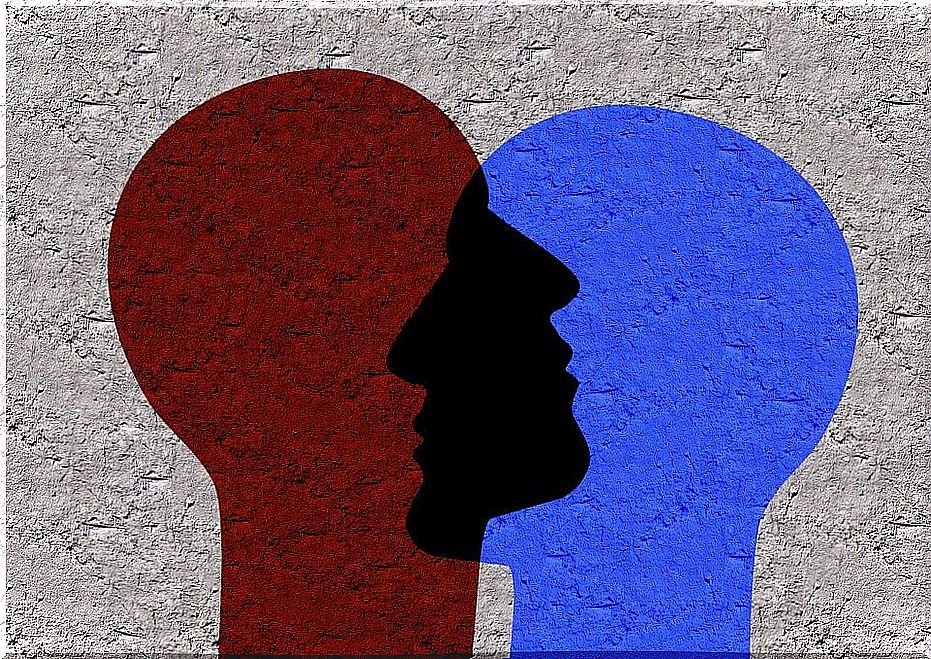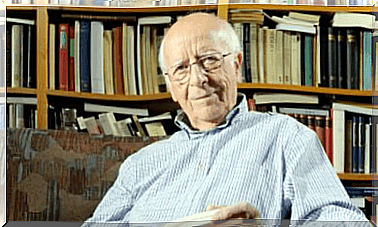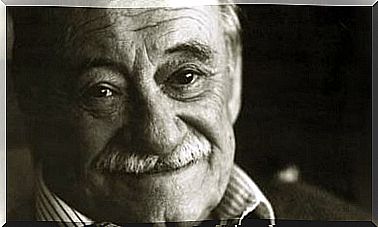William James: 10 Thoughts
William James, with his theories and his explanatory models has left an important contribution in the field of psychology and philosophy. He is considered one of the fathers of American psychology with a pragmatic and functionalist approach. Below we present some sentences by William James that best summarize his idea of psychology.
He was born in the United States into a wealthy family. The 1970s were a crucial period in his life: a deep emotional crisis, marriage and the beginning of his teaching activity at Harvard University in 1872. From that moment on he devoted himself to studying in depth the relationship between consciousness and emotional states.
His first book, Principles of Psychology , consecrated him as one of the most influential thinkers and represents one of the major contributions to psychology research. James also left us several thoughts of great significance and wisdom.
William James and the mind as an object of knowledge
William James founded a psychology laboratory at Harvard, ushering in the current of functionalism. This approach had as its object the mind as a functional part, essentially useful to the human body.

James compared consciousness to a river, a continuous stream of thoughts, ideas and mental images. Therefore, nothing belonging to the mind can be isolated or stored for study. Everything is linked to a context.
The inaccessibility of our thoughts
William James argues that beliefs, ideas and thoughts belong to us and, as such, are inaccessible to others. This idea of ”privatization” or hermeticism has had a great impact on the philosophical conception of psychology.

In a sense, it meant recognizing a limit: admitting that experimental psychology could not fully understand how human thinking works. This presupposes that, by studying the human mind, we are studying an abstract construct, “the I”.
Pragmatic approach: the role of the mind
The main idea of this model is that the real is what actually works. Hence, his concept of truth is based on utility. In other words, in pragmatic terms, the true is what is useful. It is the consequences, repercussions and what we get from something that allows us to categorize it as true or false.
This is one of the best phrases of William James; it’s a bit high-sounding, but it clarifies his idea of truth. There is no absolute truth, but as many truths as there are points of view.

William James and his theory of emotions
The James-Lange theory. A theory that was proposed simultaneously by Carl Lange and William James, but independently in 1884. The basic idea is that emotion is the result of the internal perception of physiological changes. That is, we do not cry because we are sad, we are sad because we perceive our crying.
His model is mechanistic because it assumes a direct relationship between changes in the body and the perception of the stimuli that trigger emotion. With this we close the review of William James’s phrases that best represent his thought; a thought that for many has laid the foundations of modern psychology.









